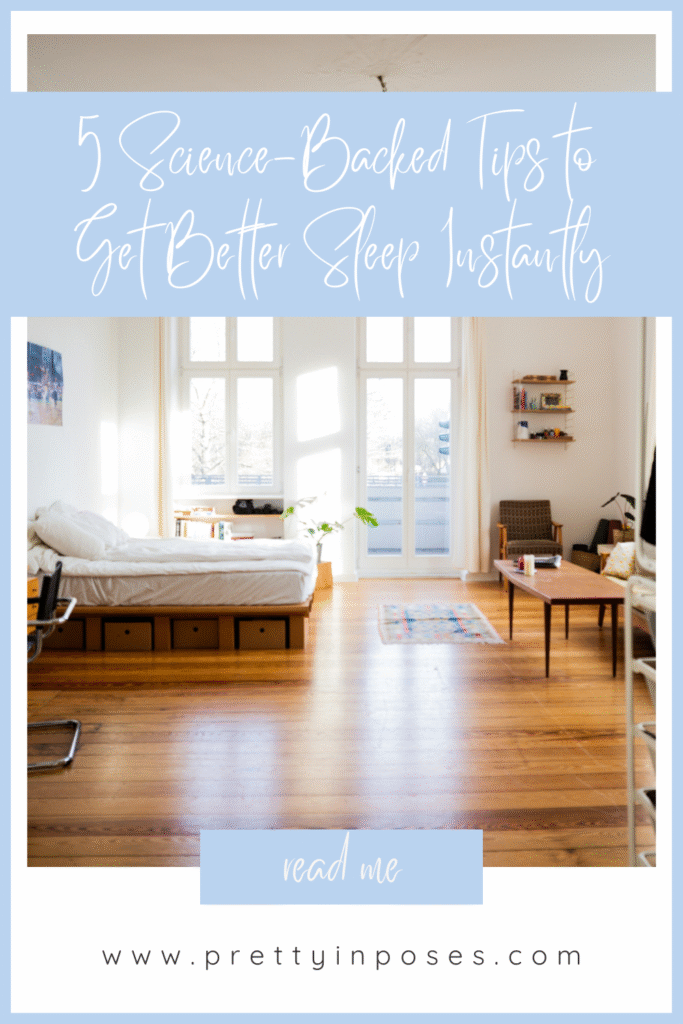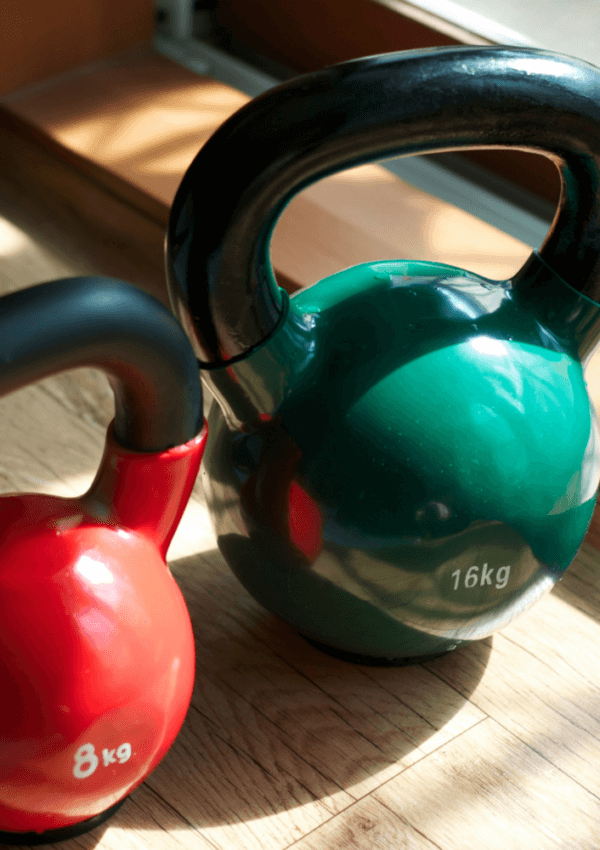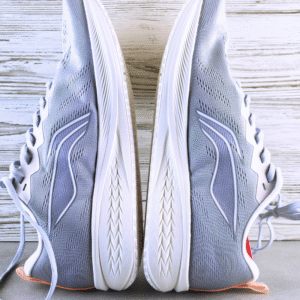This post discusses five science-backed tips to get better sleep instantly.
When we think about living a healthy life, we often focus on working out and eating well. But sleep is just as essential to our overall well-being.
Unfortunately, nearly 1 in 5 adults struggles to fall or stay asleep, according to research.
So in this post, we’re going to explore some of the reasons people aren’t getting enough rest and share five science-backed tips to get better sleep instantly.
Why Sleep Is So Important
We’ve been falling asleep since before we were born. It’s as natural to us as breathing.
So, it makes sense that it doesn’t readily come to mind when we consider our health. However, sleep serves far more functions than simply giving us a chance to rest.
During this period, the body heals, strengthens the immune system, and regulates hormones. These functions help with weight management and reduce the risk of developing certain diseases.
But that’s not all.
Sleep also boosts intelligence by strengthening our ability to learn and sharpening focus, creativity, and decision-making—all of which support brain health.
It even improves emotional and cardiovascular health, while speeding up metabolism.
Why Falling or Staying Asleep Can Be Hard
As mentioned earlier, sleep is a natural part of daily life—yet so many of us struggle to get quality rest. While there are many possible causes, we’ll focus on the most common disruptors.
- Stress, anxiety & overthinking – These factors can stimulate the hypothalamic-pituitary-adrenal (HPA) axis—the part of the brain that controls the body’s stress response. This may leave you feeling alert when it’s time to wind down.
- Irregular sleep schedule – Exposing your eyes to blue light before bed can suppress melatonin (the chemical that makes you tired), delaying sleep.
- Caffeine, alcohol & heavy meals – These stimulants disrupt the body’s ability to drift off or sleep through the night. Alcohol, over time, can negatively affect REM sleep.
- Environmental stressors – Noise, light, extreme temperatures, and other disturbances can reduce the quality of your sleep.
- Health & lifestyle factors – Chronic pain, sleep apnea, anxiety, aging, frequent urination, and even job shifts can interfere with steady, reliable rest
Tips to Get Better Sleep Instantly
These tips are backed by science to help you sleep better instantly or close to it. They’re simple, easy to follow, and you can try them out right away.
Please note: if you consistently find it difficult to fall or stay asleep, talk to a medical professional before trying any of the suggestions.
Walking or Stretching
Walking or stretching are both great ways to release built-up tension and stress before bed.
Research shows that light fitness like walking, yoga, or Tai Chi can increase melatonin, reduce insomnia, and promote deeper rest.
Plus, these exercises aid digestion, decreasing the likelihood of experiencing discomfort or waking up with an upset stomach.
Put Away Devices
Screens emit something called blue light, which can suppress melatonin production and make it harder to fall asleep.
By putting away your devices earlier in the evening, you avoid both delayed sleep and unnecessary distractions.
Turn Down the Lights
Thanks to our circadian rhythm, or natural internal clock, the body is highly responsive to light and dark.
When you expose yourself to darkness, it signals the brain that it’s time to sleep. Melatonin levels begin to rise.
So, dimming the lights—especially in a cool, quiet environment—helps relax the body and prepare it for deeper, uninterrupted rest.
Spend Time Alone
Spending time alone, especially if you’re doing something calming like deep breathing, reading a physical book, or journaling, can help slow the mind and reduce stress before bed.
Solitude can also protect you from late-night interactions that might overstimulate your mind and delay sleep.
Go to Bed on Time
Our bodies thrive on a consistent schedule.
Creating a steady bedtime routine helps train your brain to fall asleep more easily and wake up refreshed.
Over time, this not only improves sleep quality but also boosts daily energy and performance.
Reclaiming Our Beauty Sleep
Getting a good night’s sleep isn’t always simple, but hopefully these science-backed tips can help you get better rest—if not instantly, then pretty close.
Your body needs sleep to function at its best, so if it isn’t already a priority, it should be. Commit to it, and you’ll be catching more z’s in no time.







Leave a Reply